You may know the basics about blue light glasses, but this article will go deep into what exactly they do. There’s far more to it than simply blocking blue light; it’s important to know why they’re needed and what they can truly do for your sleep quality. Check out our article on what are blue light glasses? for a more basic overview. But if you want a more scientific explanation on the ins and outs of these glasses, look no further.
Your body clock
Many of us have heard of the term ‘body clock’— and this can also be referred to as (more accurately) our suprachiasmatic nuclei (SCN). That’s a complete mouthful, but our SCN is a part of our brain that’s like an internal ‘clock’ that regulates our body’s functioning. One thing it regulates is our circadian rhythm. Another slight mouthful. Our circadian rhythms deal with our 24-hour sleep/wake habits. This rhythm is like another small clock that works on a 24-hour basis. It lets our brain know when to release certain hormones and when to stop producing them. This is important because certain hormones are released to help us sleep and wake.
There are various things that influence our SCN (body clock), such as temperature, but light is the main thing that affects it. Our SCN, and therefore our circadian rhythms, do things in accordance with the information it receives from the light we’re exposed to. So our bodies function (mainly) based on the levels of light our brain picks up. Now it becomes clear why artificial light from technology can impact our sleep habits and sleep quality. If our circadian rhythm is out of whack, our hormones could be released at different times than normal. I.e. your body may not be producing sleep hormones at the right time—so you may not feel sleepy at the right time.
What blue light does to your sleep quality

The visible light spectrum comprises red, yellow, orange, green, blue and violet rays. However, it’s the blue light waves that suppress melatonin production. They send signals to light-detecting cells in our retinas which relay this to our brains, telling them to stop secreting melatonin. Melatonin is our sleep hormone and is essential for good quality rest. It’s important to note that our circadian rhythms work in harmony with the rise and fall of the sun.
The importance of light
The sun also emits blue light, but it changes position during the day and sends out different amounts of blue light over a 24 hour period. In fact, we need blue light in the morning (from the sun) to wake us and stop melatonin production. We don’t need blue light when the sun starts to set—then we should start to feel tired.

The issue is, we aren’t just exposed to light from the sun. Artificial light is everywhere, and so is blue light. We’re not just talking about from our devices, but even from our light bulbs. A Harvard sleep researcher acknowledged that the level of brightness emitted by most table lamps and twice that of a night-lamp can interfere with melatonin production. Light exposure at night is the main reason so many people are not sleepy in the evenings, and therefore more tired in the mornings.
Research has even shown that prolonged exposure to blue light can have a truly damaging effect on our eyes. It can trigger increased cell death and apoptosis (programmed cell death) in the retina. With all this in mind, let’s see what blue light glasses can do.
What do blue light glasses do?

Unlike the blue light filters on our devices which simply lessen the amount of blue light emitted, these glasses block blue light altogether. The amount of light they block depends on the tint of the lens. They help block out the right amount of blue light at the right time. This keeps your circadian rhythm in sync with natural daylight hours. So if you’re using a device in the evenings, it will block much of the blue light from the screen, as well as from any lights around the house. Your brain will then produce melatonin in the evenings as it should, making you feel sleepy and ready for bed.
When to wear them
From 6 am to around 6 pm, blue light shouldn’t affect us adversely. We need to feel alert during these times, and at the brightest part of the day (3 pm), our eyes are detecting plenty of blue light. However, as the sun goes down, we ideally need to stop seeing any blue light if possible. From around 7 pm, melanopsin synthesis starts. Melanopsin is a pigment found in retinal cells that deal with the absorption of blue light. Any information found on blue light is sent to the brain. This determines whether or not to start secreting melatonin later in the evening (around 9 pm). So wearing blue light glasses from around 6 pm onwards is going to help this process run as it should.

Dimming the lights around the house (if possible) during the evenings will also be useful in limiting the amount of blue light you’re exposed to as the sun sets. We recommend using things such as salt rock lamps, which emit orange light. This means the amount of blue light they let out is very low—much lower than normal LEDs and other bulbs around the house. The more orange to red a light is, the less blue light it allows through. As we know, this helps your whole body wind down, relax and prepare for sleep in the evenings.
So now you know exactly what these glasses do and why we need them, how do you know which ones to buy? Do all blue light glasses work?
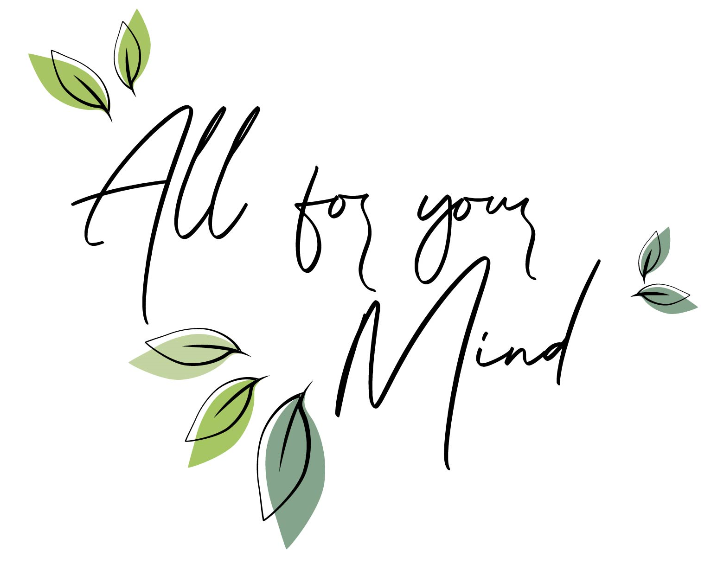
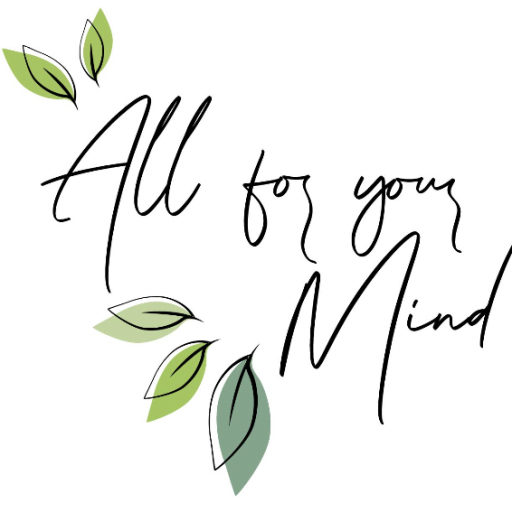
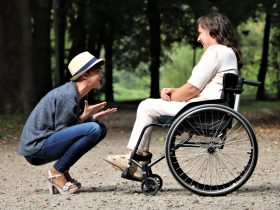
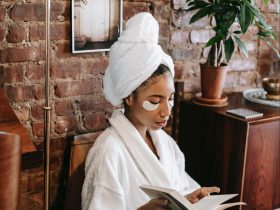













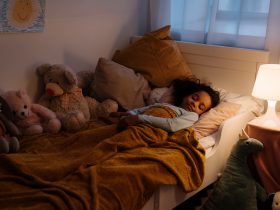
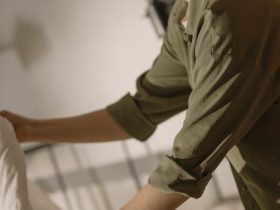
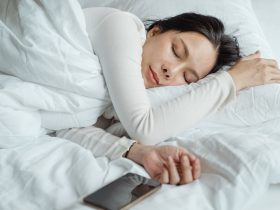
19 Comments